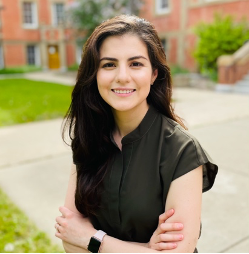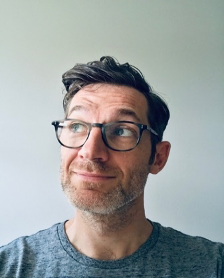• What are the potential industrial applications of 4D printed design?
• How to scale up the 4D printing design for industrial or real-world applications?
• What are the challenges or bottlenecks in 4D Printing research? For example, how can we discover more types of stimuli?
• How can idea generation and conceptual design processes with 4D printing be supported? For example, can visualization support be made during the conceptual design?
• How can the knowledge from 4D printing research be shared with designers?
• What are the roles of intelligence in 4D printed design, artifacts, and application?

Dr. Lin Yang, PhD
Kyoung-Yun Joseph Kim, Ph. D
Professor
Department of Industrial and Systems Engineering
Wayne State University
Detroit, MI, USA
Tel: 1 313-577-4396
E-mail: kykim@wayne.edu

Prof. Dr. Yaoyao Fiona Zhao
Associate Professor
Department of Mechanical Engineering
McGill University
Montreal, Quebec H3A 0C3 Canada
Tel: 514-398-2523
E-mail: yaoyao.zhao@mcgill.ca

Dr. David Mélançon
Assistant Professor
Department of Mechanical Engineering
Ecole Polytechnique de Montreal
https://dmelancon.com/
E-mail: david.melancon@polymtl.ca
Tel: 514-340-4711 ext. 4260

Dr. Irina Garces
Assistant Professor
Mechanical and Aerospace Engineering
Carleton University
Ottawa, ON K1S 5B6, Canada
Tel: +6135202600 ext.3180
E-mail: IrinaGarces@cunet.carleton.ca

Mr. Claas Eicke Kuhnen, MFA
Assistant Professor of Teaching
James Pearson Duffy Department of Art and Art History
Wayne State University
E-mail: ez5554@wayne.edu
Tel: 715-513-9118

Prof. Dr. Raffaele De Amicis
Associate Professor
Electrical Engineering and Computer Science
Oregon State University
Corvallis, OR, USA
E-mail: raffaele.deamicis@oregonstate.edu
Tel: (541) 737-0741